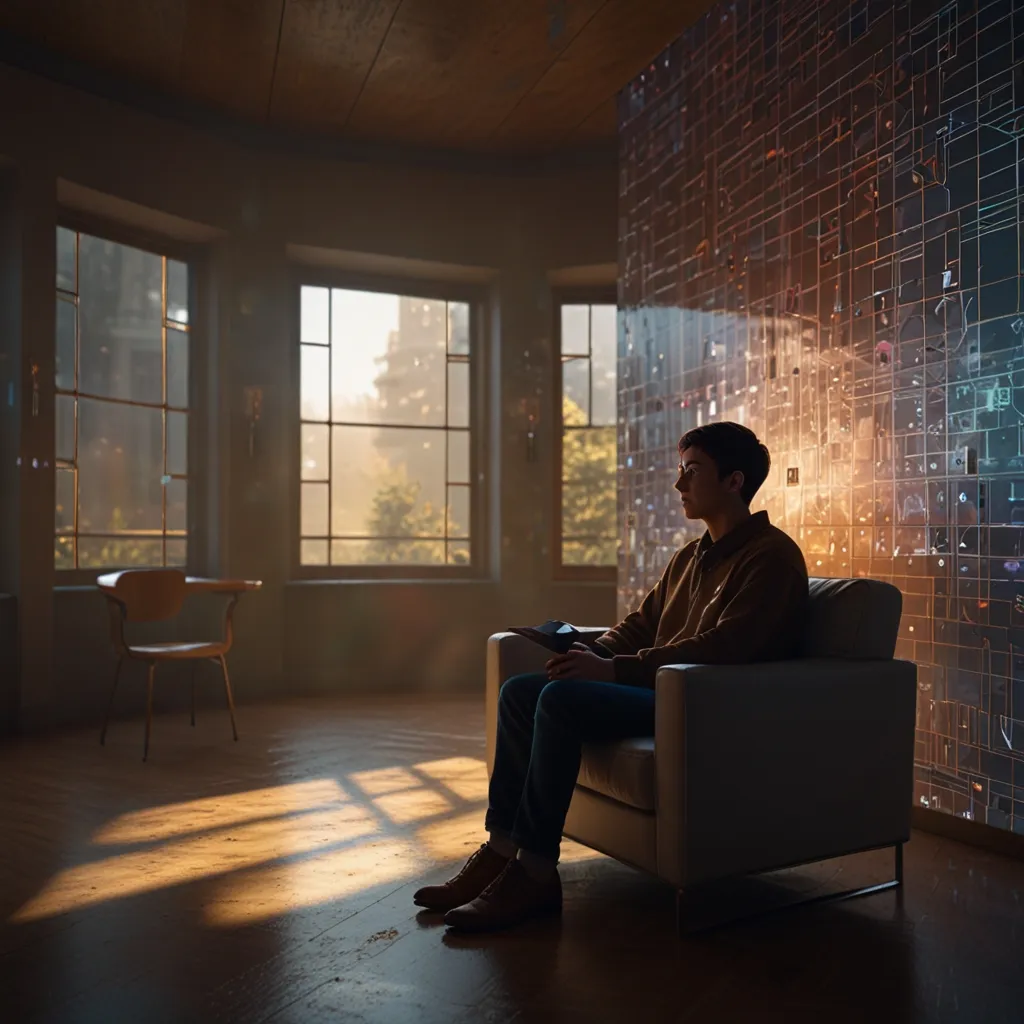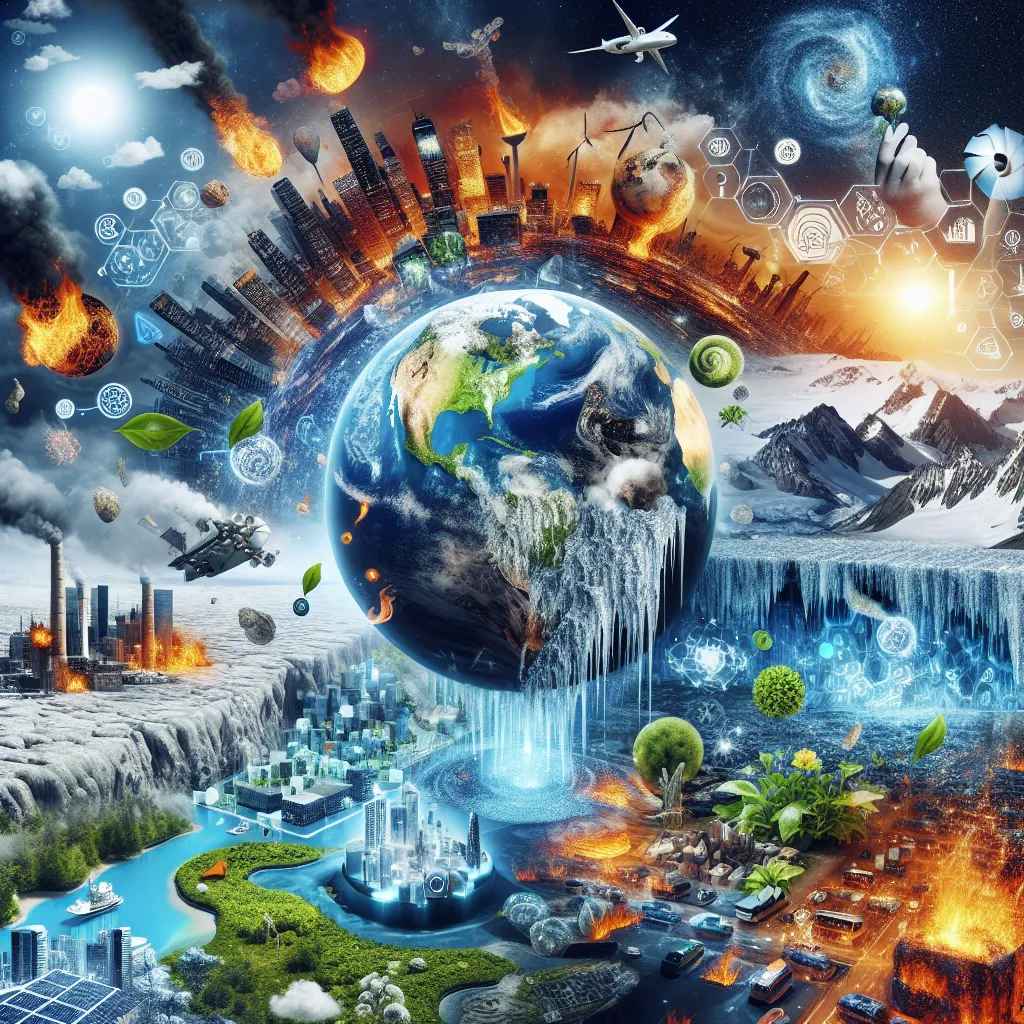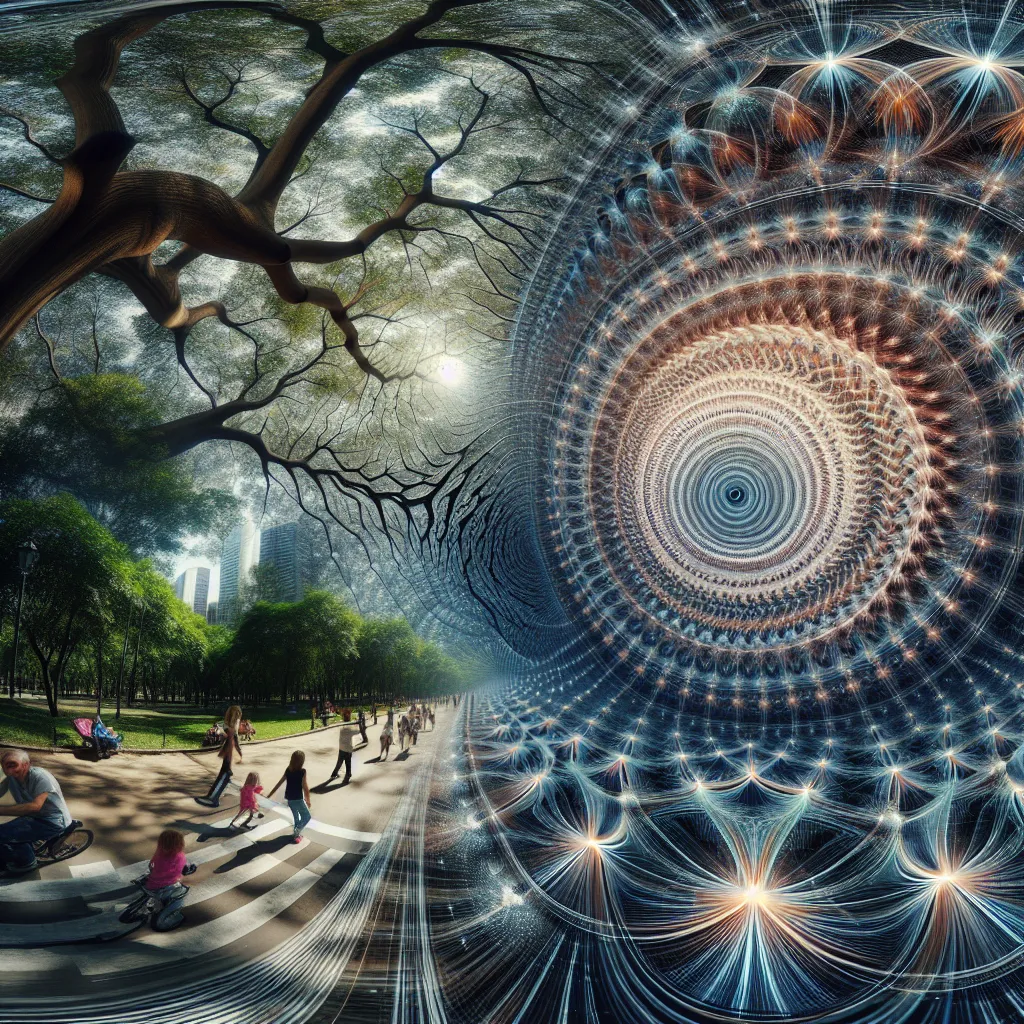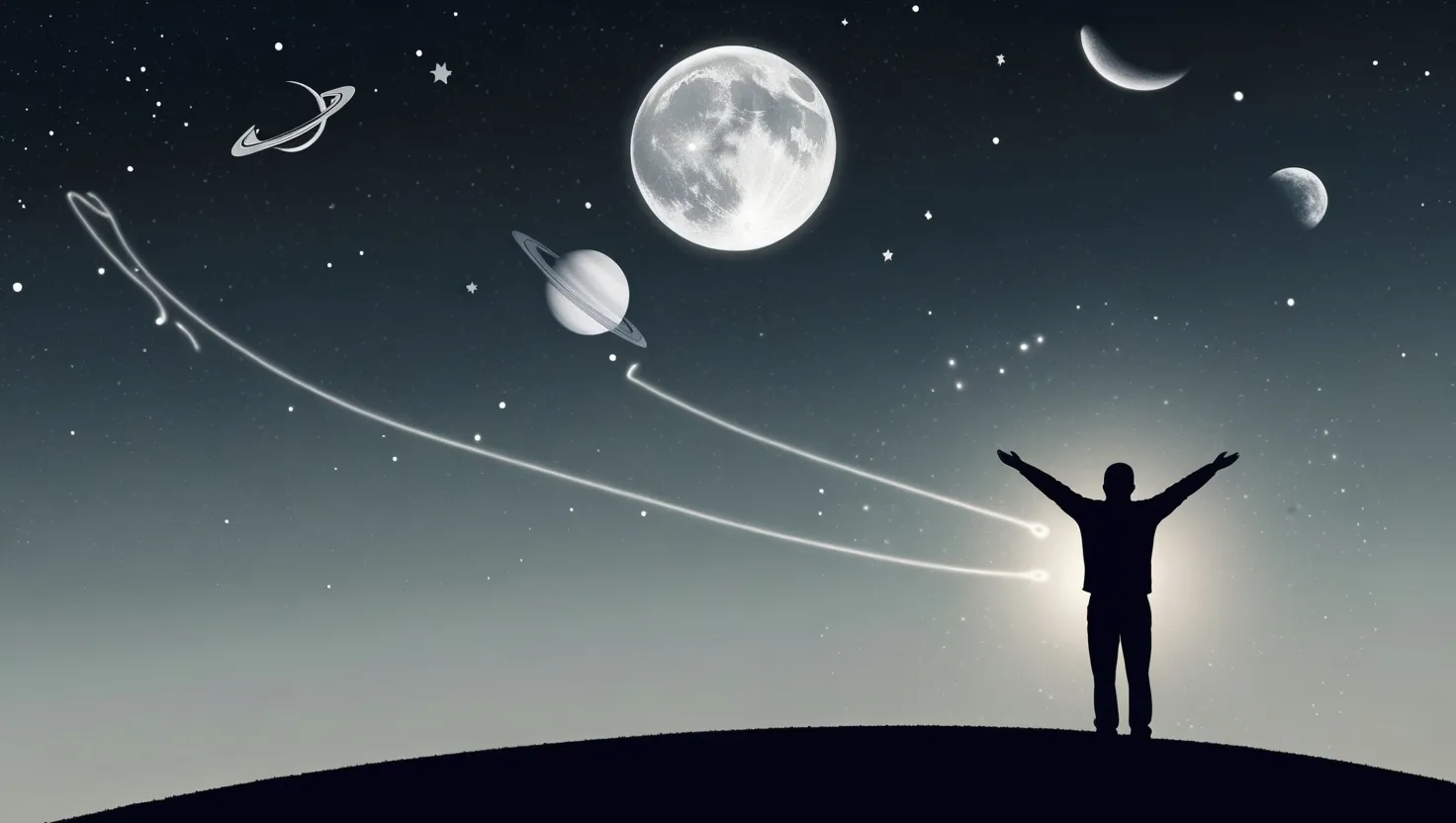Imagine sitting back on a lazy Sunday afternoon, pondering life’s big questions, when suddenly, a wild thought crosses your mind: What if everything around you, everyone you know, and even you yourself are part of an elaborate simulation? Sounds like the plot of a sci-fi flick, right? Well, hold onto your hats, because some pretty smart folks out there believe this is not just a wild idea but a plausible reality.
Let’s dive into the weird, mind-bending world of simulation theory—a concept that suggests our universe might be nothing more than a sophisticated computer simulation. While the idea isn’t new and has ancient roots, it got a major modern twist from philosopher Nick Bostrom from Oxford. Back in 2003, Bostrom published a groundbreaking paper that introduced a trilemma about our reality. Here’s the gist: One of these three scenarios must be true. Either humanity will wipe itself out before creating a perfect simulation, we’ll decide creating such a simulation isn’t worth it, or—and here’s where it gets juicy—we are already living in a simulation. Whoa, right?
The more you dig into the evidence, the more you might start thinking, “Hey, maybe Bostrom’s onto something.” We already use simulations to study all sorts of things, from weather patterns to human behavior. If we could simulate something as vast and detailed as our universe, wouldn’t it make sense for us to start with recreating our own history? Imagine civilizations inside a computer program, creating more simulations inside their simulated universe—a never-ending loop of realities within realities, kind of like those Russian nesting dolls you might have seen.
Even tech guru Elon Musk has jumped on the simulation bandwagon, throwing out the staggering odds that there’s a one-in-billions chance our reality is the original one. Astrophysicist Neil deGrasse Tyson is a bit more conservative but still admits it’s a 50-50 shot. That might sound crazy high, but remember, this theory is more philosophy than hard science—it doesn’t need mathematical proof as physics would. It’s all about the metaphysics of our existence.
So, how do we start proving or debunking this simulation idea? Let’s rewind the cosmic clock back to the Big Bang. Everything, they say, was once compressed into a tiny, blazing-hot dot. Then, boom—a massive explosion, and here we are, billions of years later, surrounded by galaxies, stars, and the occasional cone of ice cream. The question is, what was there before the Big Bang? Physicists might talk about stuff like quantum foam and dark energy, while theologians might bring up a divine creator hitting the cosmic ‘ON’ switch.
Now, step into the shoes of a computer programmer for a second. Imagine a cosmic coder booting up a universe with specific rules—gravity, the speed of light, you name it. Everything from the tiniest particle to the concept of consciousness itself could be part of this massive program. Far-fetched? Not so much if you think about how some top-tier scientists, tech wizards, and philosophers view the same possibility.
One way we could catch the little glitches in this supposed simulation is by closely examining how it breaks down. Consider the Mandela Effect—a phenomenon where large groups of people insist they remember events or details a certain way, only for those details to be different. Take the widespread belief that Nelson Mandela died in prison, or that the Berenstain Bears used to be called the Berenstein Bears. Turns out, neither of these things is true, yet the memories persist. Could it be that these are just glitches in the matrix?
Then there’s the weird world of déjà vu, that unsettling feeling that you’ve lived a specific moment before. Sci-fi writer Philip K. Dick, whose works have inspired films like Blade Runner and Minority Report, believed that such moments could be glitches revealing overlaps between different simulated realities. When we experience déjà vu, maybe it’s the simulation correcting itself.
Let’s get a bit more technical now, with something real-world science has toyed with—the double-slit experiment. This classic test in quantum mechanics has produced some eyebrow-raising results. When particles like electrons are fired at a barrier with two slits and aren’t observed, they behave like waves, creating an interference pattern on a screen. But, if we observe them, they act like particles, clumping together. It’s almost like the particles know they’re being watched and decide to “behave.”
This spooky observation becomes even wilder with the delayed-choice experiment, where decisions made in the present seem to affect particles in the past. It’s as though the universe only solidifies into a concrete state when it’s being watched, much like how a video game only renders the space where the player is currently active. So, if no one is looking at distant stars or galaxies, are they really there? Or are they just projections waiting to be rendered in more detail when we get closer?
Moving up to a cosmic scale, let’s talk about the vastness of our universe. With around 200 billion trillion stars, it seems improbable that Earth is the only place with intelligent life. Yet, we haven’t found solid evidence of extraterrestrial civilizations. This set-up fits conveniently with the idea that our universe is a focused simulation, where the creators didn’t bother to populate other star systems.
Max Tegmark, a noted cosmologist, points out that the ironclad laws of physics could hint at a simulated reality. MIT physicist James Gates has discovered error-correcting codes—like the ones used in computer software—embedded within the equations describing the universe. This mind-blowing find has made him reconsider his skepticism about simulation theory.
Even advancements in technology back this theory up. Moore’s Law, which says computing power doubles roughly every 18 months, has held up for decades. Today’s video games, powered by Unreal Engine 5, are already mind-bogglingly realistic. Imagine what they’ll look like in another few decades or centuries. If the trend continues, creating a simulated universe might not be as far-fetched as it sounds today.
But let’s not get carried away with thinking our cosmic creators must wield technology unimaginable to us—or must they? Take the idea of a Dyson sphere, a hypothetical structure capable of capturing the energy output of an entire star. Or even massive computational feats needed to simulate the universe. Dr. Michio Kaku believes it’s just not scientifically feasible. But what if, like in a video game, the universe only simulates what’s necessary for the players? When you’re deep into a video game, vast areas aren’t fully rendered until your character actually explores them.
In the end, what makes this theory both attractive and pesky is its unfalsifiability—you can’t disprove it. Whether it’s the Big Bang as the startup of a cosmic program or the absence of aliens because they aren’t included in our simulation, all scenarios fit neatly into the theory. The limits of the speed of light? Just a way to control our simulated environment from exploring too far.
The kicker? Referencing God isn’t off the table. Believers of simulation theory and staunch atheists often find common ground in rejecting traditional religious views. Yet, when you sum it up, an omnipotent creator engineering our universe sounds suspiciously like a programmer. Both sides—devout believers and simulation theorists—grapple with the big existential questions in strikingly similar ways.
No matter what, whether you believe in a divine creator or a grand simulation, what we do in our perceived reality still matters. Our actions have rippling consequences here and now. When it comes to what happens after we die, that remains the ultimate mystery—one that neither science nor faith can fully explain.
So, are we living in a simulation or not? It’s a question that might never have a concrete answer, but it sure makes for a captivating thought experiment. Whether you’re on the side of divine creation or high-tech simulation, the real treasure lies in the pondering itself. After all, what’s more human than seeking to understand our place in the grand scheme of things?






